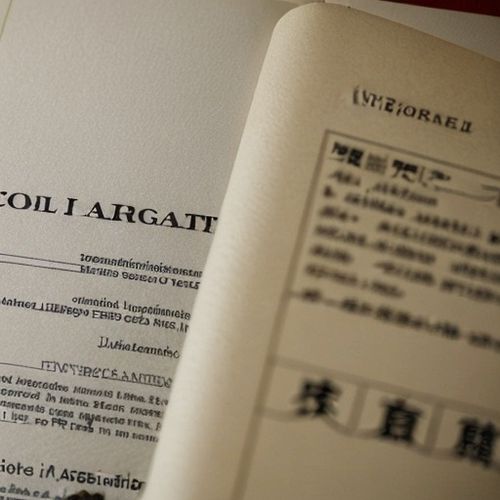France has taken a bold step forward in the fight against online scams by deploying artificial intelligence to identify and combat fraudulent activities. The initiative, spearheaded by French cybersecurity agencies, leverages cutting-edge machine learning algorithms to detect patterns commonly associated with phishing, fake investment schemes, and other digital deceptions. This move comes as part of a broader European effort to clamp down on cybercrime, which has seen a sharp rise in sophistication and frequency in recent years.
The French approach is particularly noteworthy for its emphasis on real-time detection. Unlike traditional methods that rely on manual reporting and reactive measures, the AI system scans vast amounts of online data continuously. It flags suspicious behavior almost instantaneously, allowing authorities to intervene before significant harm occurs. This proactive stance has already yielded impressive results, with early trials showing a 40% increase in scam detection rates compared to previous methods.
One of the system's most innovative features is its ability to adapt to evolving scam tactics. Fraudsters constantly modify their approaches to bypass security measures, but the French AI employs advanced neural networks that learn from each new encounter. This means the technology becomes more effective over time, staying one step ahead of criminals who might otherwise exploit lagging defense mechanisms. Cybersecurity experts praise this aspect as a potential game-changer in the ongoing battle against online fraud.
The implementation hasn't been without challenges, however. Privacy advocates have raised concerns about the extensive data collection required for the AI to function optimally. French officials have addressed these worries by implementing strict data protection protocols and ensuring all operations comply with the European Union's General Data Protection Regulation (GDPR). The system anonymizes personal information and focuses primarily on behavioral patterns rather than individual identities.
Another significant aspect of France's anti-scam AI is its multilingual capabilities. Given that scams often originate from or target multiple countries, the system has been trained to recognize fraudulent content in several languages, with particular emphasis on those commonly used in cross-border cybercrimes. This multilingual approach reflects France's commitment to international cooperation in cybersecurity matters.
The technology's deployment has already made waves beyond France's borders. Several other European nations have expressed interest in adopting similar systems, potentially leading to a continent-wide network of AI-powered scam detection. Such collaboration could dramatically improve the effectiveness of anti-fraud measures across the EU, creating a more unified front against increasingly sophisticated cybercriminal networks.
Looking ahead, French authorities plan to expand the AI's capabilities to address emerging threats like deepfake scams and AI-generated phishing content. As fraudulent techniques become more technologically advanced, the defense systems must evolve accordingly. France's investment in this AI initiative demonstrates a clear recognition of this reality and positions the country as a leader in innovative cybersecurity solutions.
The success of France's program may well set a new standard for how nations approach digital fraud prevention. By combining artificial intelligence with robust legal frameworks and international cooperation, the model offers a comprehensive blueprint that other countries might follow. As online scams continue to proliferate globally, such forward-thinking strategies will become increasingly vital in protecting citizens and maintaining trust in digital ecosystems.

By /Jun 17, 2025

By /Jun 17, 2025

By /Jun 17, 2025

By /Jun 17, 2025

By /Jun 17, 2025

By /Jun 17, 2025

By /Jun 17, 2025

By /Jun 17, 2025

By Sophia Lewis/Apr 19, 2025

By Elizabeth Taylor/Apr 19, 2025

By James Moore/Apr 19, 2025

By Rebecca Stewart/Apr 19, 2025

By Ryan Martin/Apr 19, 2025

By James Moore/Apr 19, 2025

By Sarah Davis/Apr 19, 2025

By George Bailey/Apr 19, 2025

By James Moore/Apr 19, 2025

By Amanda Phillips/Apr 19, 2025